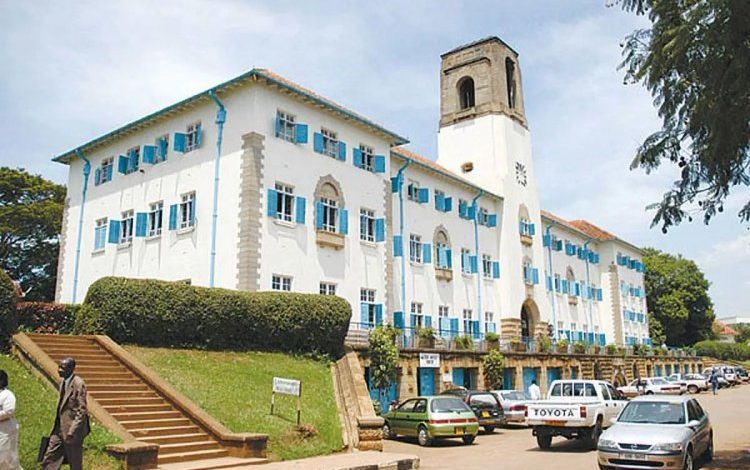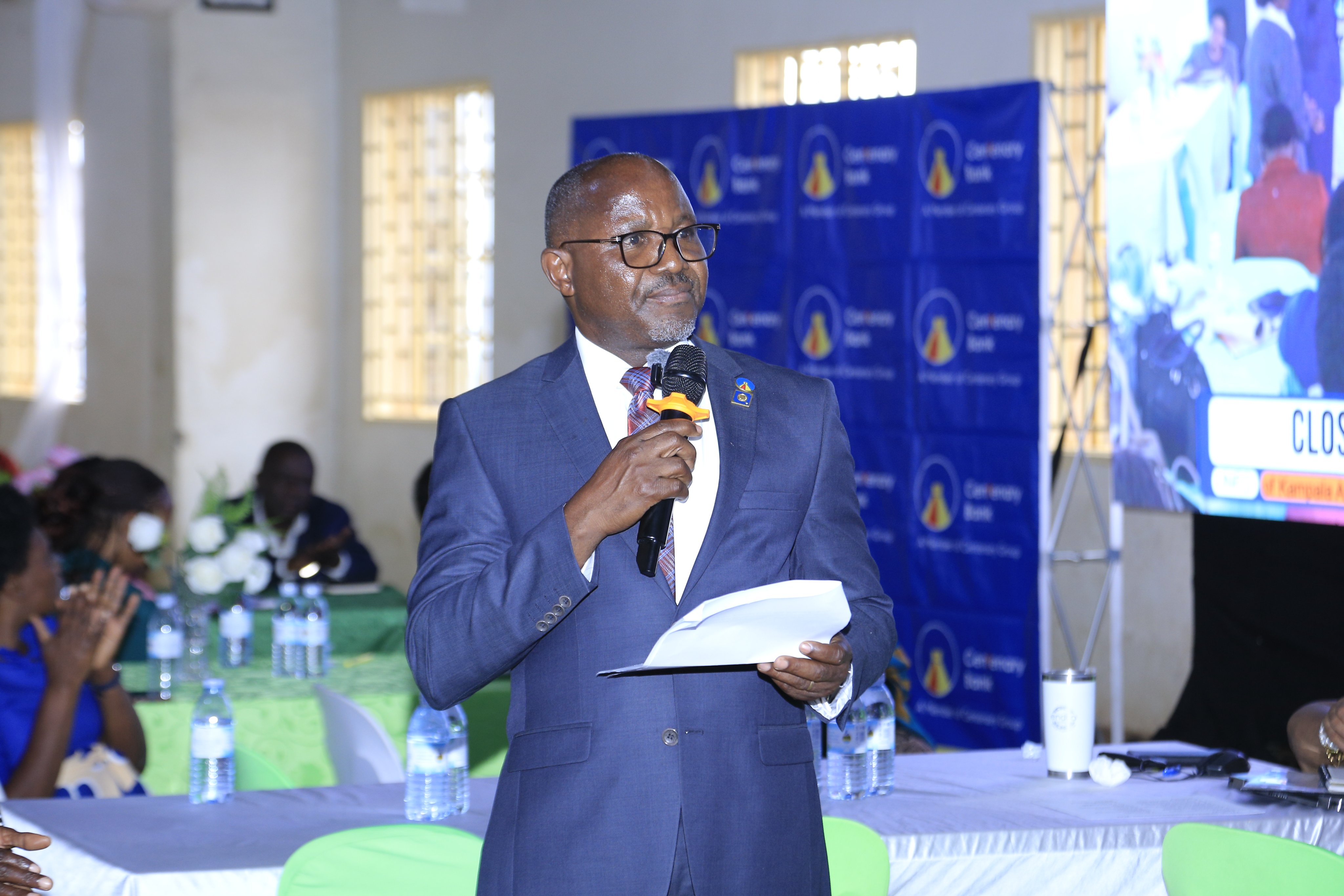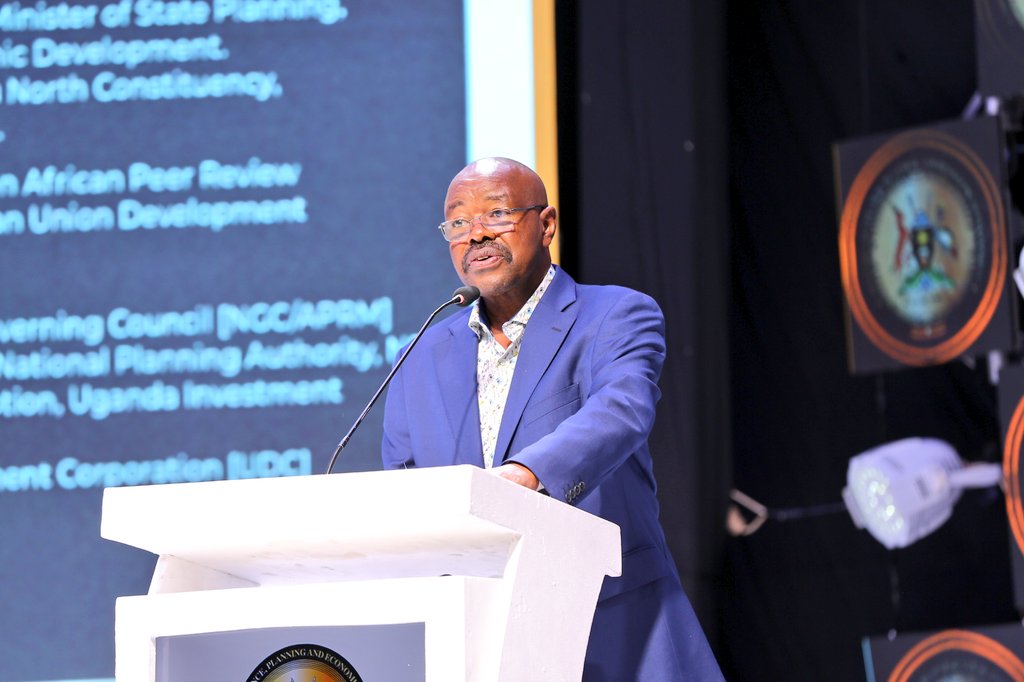How student activism is reshaping Makerere University
The protests, which saw students march through the university grounds, were triggered by concerns over tuition increases, restrictive policies on student gatherings, and a lack of engagement from the administration on key issues affecting student life.

In a dramatic turn of events, the Vice Chancellor of Makerere University, Prof. Barnabas Nawangwe, recently lifted the suspension of several students involved in protests over academic policies and governance.
This decision, seen by many as a victory for student activism, has reignited discussions about the role of student voices in shaping university policies.
At the heart of the protest was a collective demand for greater accountability and transparency from the university administration. Students had taken to the streets to express their discontent with what they described as heavy-handed management decisions.
“We are not just students; we are stakeholders in this institution. Our voices must be heard when decisions affect our education and welfare,” said Joan Nabirye, a third-year student of Political Science, who was among the protesters.
Makerere University has a rich history of student activism dating back to the 1900s, with students playing pivotal roles in national debates and political movements. A lecturer who preferred anonymity notes that these protests are a continuation of a long-standing tradition.
“Makerere has always been a breeding ground for critical thought and activism. The recent protests are a reflection of the students’ awareness and their demand for better governance,” he remarked.
The protests, which saw students march through the university grounds, were triggered by concerns over tuition increases, restrictive policies on student gatherings, and a lack of engagement from the administration on key issues affecting student life.
The decision by Prof. Nawangwe to lift the suspensions has been met with mixed reactions, with some seeing it as a step towards dialogue, while others remain skeptical.
Student Perspectives
For many students, the reversal of suspensions was a hard-fought victory. “This is a sign that our voices matter,” said James Okello, a student from the School languages and Communications. “We have shown that when we stand together, we can influence change. But the struggle is far from over. We need continuous dialogue with the administration to address the root causes of these issues.”
However, there are still lingering fears among the student body about potential retaliation. Some students who spoke on condition of anonymity expressed concerns about the long-term implications of their activism on their academic records.
“The university needs to establish clear guidelines for how students can voice their concerns without fear of expulsion or suspension,” one student said.
Education expert Dr. Sarah Kirabo believes this incident highlights a critical need for universities to re-evaluate their engagement with students. “The decision to lift the suspensions is commendable, but it also shows a reactive rather than proactive approach from the administration. Universities should foster an environment where student concerns are addressed through structured dialogue rather than through protests,” she explained.
Dr. Kirabo suggests that Makerere University could benefit from setting up a student-led advisory council that regularly meets with the administration to discuss key issues. “Such a body could serve as a bridge between students and management, reducing the need for protests and building a culture of mutual respect and understanding,” she added.
While the lifting of suspensions has brought a temporary sense of relief, the underlying issues remain. Students are now calling for a comprehensive review of university policies, particularly around tuition fees and administrative transparency. The student body is also pushing for the establishment of regular town hall meetings with the Vice Chancellor to foster open communication.
As Makerere University navigates these challenges, the recent protests have served as a powerful reminder of the enduring spirit of student activism. For many, this episode marks not the end, but the beginning of a broader movement aimed at reshaping the future of Uganda’s oldest and most prestigious institution of higher learning.







